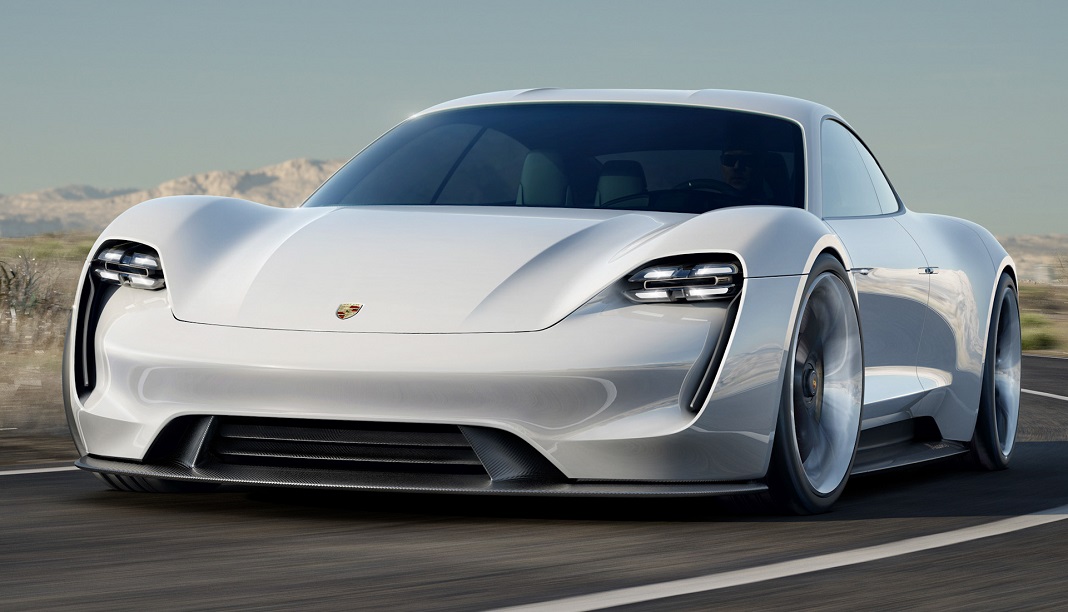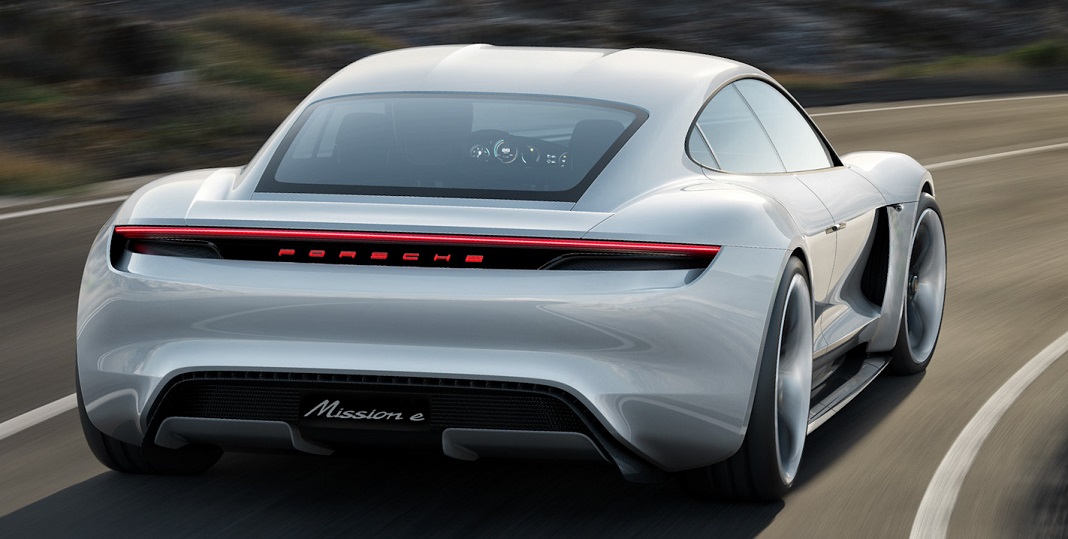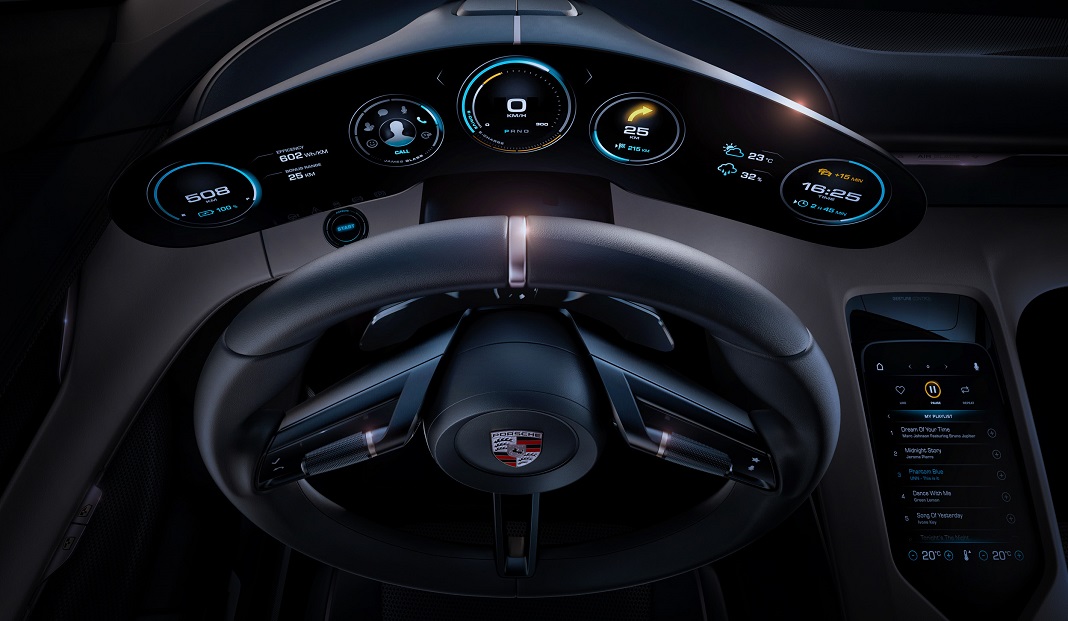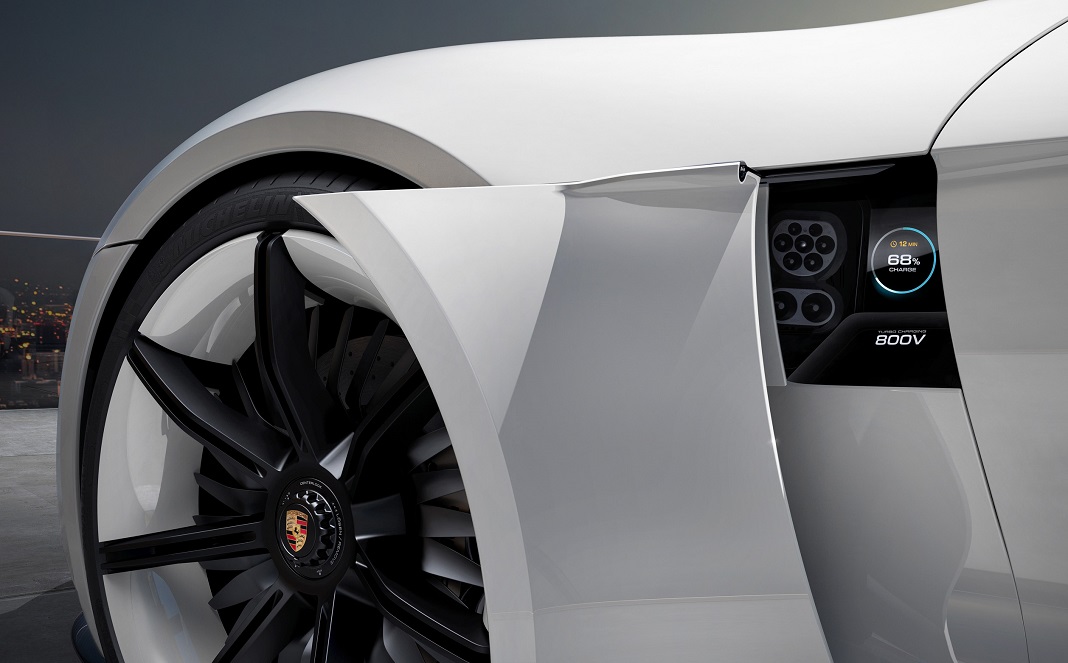 There are two key takeaways from Porsche’s recent announcement that its Mission E project has gotten the green light. Yes, that gorgeous-looking, electric-powered four-door sports sedan concept which was shown during the Frankfurt Motor Show in September.
There are two key takeaways from Porsche’s recent announcement that its Mission E project has gotten the green light. Yes, that gorgeous-looking, electric-powered four-door sports sedan concept which was shown during the Frankfurt Motor Show in September.
The next Panamera will look good (phew!)
For all intents and purposes, the Mission E will become the next Panamera. Car makers have imaginative ways to show us the replacements of current models without confirming what it is. Porsche might be in rude health, but even it can’t possibly afford to have two totally distinct 4-door sedan designs. So yes, if you like how the Mission E looks (which we do), you can sleep tight tonight knowing that the least attractive-looking (I’m being kind) Porsche today could conceivably morph to become its most beautiful yet. And it will have a range of internal combustion engines on top of the fully electric one.
Porsche’s entry is great for other EV makers
There are numerous road blocks to the mass adoption of electric cars, and it isn’t just about usable range, charging network or battery technology. It is awareness, which to a large extent is due to the availability of choice.
Apart from Renault-Nissan group, BMW, Mitsubishi and Tesla, there are no other manufacturer that produces electric vehicles in large quantities. The naysayers will always point to the slow adoption of EVs as evidence that consumers don’t want them. But if a small town only had chicken rice restaurants for decades and a new nasi lemak stall opened yesterday, it would be erroneous to conclude that its inhabitants prefer chicken rice over nasi lemak for they might not know any better.
Many also believe that Porsche is entering EV sphere to combat Tesla, but our view is that the other main players are actually more relieved than worried. That another high-powered brand has committed to producing EVs is a tremendous boost to the big picture, and Porsche certainly has the brand cache and customer base to elevate awareness of electric vehicles by more than a few notches.
According to Porsche, the Mission E is able to accelerate from 0 to 100 km/h in under 3.5 seconds, with a range of more than 500km. Its floor-mounted lithium ion battery pack can be replenished up to 80% (from empty) via an 800-volt rapid charger in just 15 minutes, or charged at a “normal” rate (probably 16A to 32A) wirelessly through an induction coil set into the floor.


